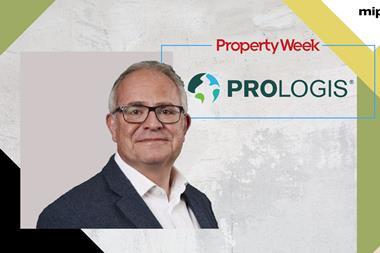Real estate is often referred to as a people business.

By this, we mean that the relationships we build with one another are critical to commercial success. However, relationships tend to be most valuable when married to knowledge, which could be about your market, one another or an insight into the future.
The marriage of a great piece of information and a contact with whom it can be capitalised is the foundation of many a good property deal.
While technology is poor at creating and sustaining human relationships, it is outstanding at collecting, sorting, storing and recalling information. We can use this to our advantage by augmenting our strong relationships with data systems that are far more powerful than our own brains at harnessing information. The combination delivers powerful new insight into markets, unlocking value where it wasn’t previously visible.
This is why most of the world’s most successful companies are data-orientated organisations, using vast quantities of previously wasted data to tell us what to buy, when and for how much.
Real estate firms are increasingly waking up to the value of data and are spending a lot of time and money thinking about how to capture both traditional and new forms of data to enhance their businesses. As part of this, we are all going to have to get used to thinking more about what data we are creating or discovering on a day-to-day basis and ensuring it is captured by our company systems through apps, logs and uploads.

This data will empower us all to be better at our jobs, but at the same time the value proposition of the individual is changing. The importance of individual market knowledge and, to some extent, experience is diminishing as more and more of this information is held in company databases.
Consequently, the balance of power between the company and the individual is shifting. The question is: at what point, if at all, will the individuals push back? I recently heard of a company that wanted to replace Excel with a new piece of software that was much better for business. This would entail all its analysts needing to retrain in the new software and stop working in Excel.
However, the analysts rebelled, saying they worked at the company to develop valuable and ultimately transferable analytical skills, and hence being an expert in little-known software would be detrimental to their future earnings prospects. The company had to think again.
Might we see something similar in the property sector where staff refuse to submit all their knowledge to the system to ensure that they remain a value driver? I hope not. We all need to be alive to this change, working together to ensure that our organisations can realise their data-driven goals while we employees retain our value and future prospects.
It will be a delicate balance, but I believe that it is up to us, the employees, to find new ways to add value in an age when data is more readily available and individual market knowledge is less valuable. And the most successful companies will be those that support their staff as they navigate the change.
Julian Carey is executive property director at Stenprop
































No comments yet